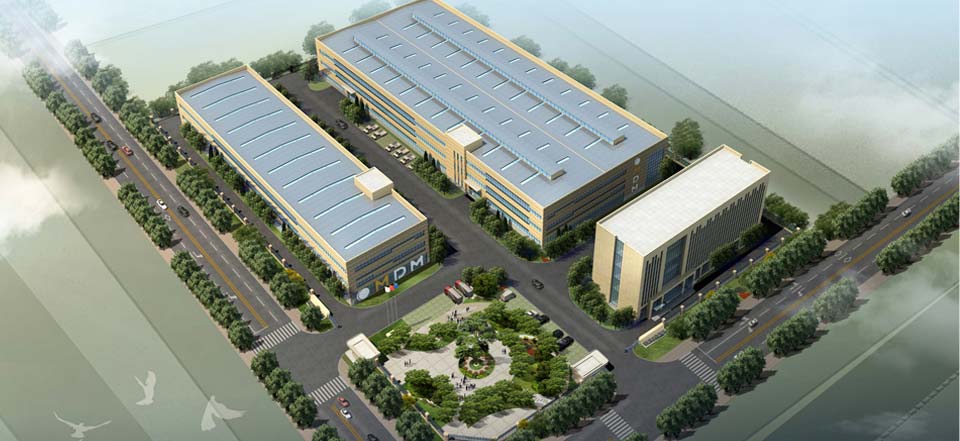Exhibition Trailers Show Off Anywhere
Source:JHheater
Release date:2024-07-26
Views:762
Share it to:
Exhibition trailers offer a dynamic and versatile solution for showcasing products, services, and brand experiences. They can be a game-changer for businesses looking to engage with their audience in unique and memorable ways. Here’s a comprehensive guide to starting and managing an exhibition trailer business:
Starting an Exhibition Trailer Business
1. Market Research and Planning
Market Analysis
-
Identify Target Markets: Determine industries and sectors that could benefit from exhibition trailers, such as automotive, food and beverage, tech, fashion, and events.
-
Competitor Analysis: Research competitors to understand their offerings, pricing models, and client base.
-
Customer Needs: Understand what potential clients need in terms of mobility, customization, and interactive experiences.
Business Plan
-
Executive Summary: Outline your business vision, mission, and goals.
-
Services Offered: Specify the types of trailers and customization options available (e.g., interactive displays, product demos, VR experiences).
-
Financial Projections: Estimate startup costs, ongoing expenses, and revenue streams.
-
Marketing Strategy: Develop a strategy for acquiring clients through digital marketing, networking, and partnerships.
2. Legal and Financial Setup
Legal Requirements
-
Business Structure: Choose a business structure (e.g., LLC, corporation) and register your business.
-
Licenses and Permits: Obtain necessary licenses and permits for operating mobile exhibition units.
-
Zoning Regulations: Ensure compliance with local zoning laws for mobile businesses.
Insurance
-
Liability Insurance: Protect against claims of injury or property damage during exhibitions.
-
Commercial Auto Insurance: Cover the trailers and towing vehicles.
-
Equipment Insurance: Insure the interior and exterior equipment against damage or theft.
Financial Management
-
Bank Account: Set up a business bank account for financial management.
-
Accounting Software: Use accounting software to track expenses, revenues, and invoices.
3. Designing and Equipping Your Trailers
Choosing the Right Trailers
-
Trailer Types: Consider the types of trailers you want to offer, such as:
-
Expandable Trailers: For larger displays and interactive exhibits.
-
Semi-Trailers: For extensive exhibitions and mobile showrooms.
-
Pop-Up Trailers: For smaller, more agile displays.
-
Customization Options: Offer various customization options to meet client needs, such as interior layouts, branding, and technology integration.
Technology and Features
-
Interactive Displays: Equip trailers with touchscreens, VR/AR technology, and other interactive features.
-
Audio-Visual Equipment: Install high-quality sound systems, lighting, and projectors.
-
Connectivity: Provide Wi-Fi and other connectivity options for digital displays and demonstrations.
4. Building a Client Base
Marketing and Advertising
-
Website and Social Media: Develop a professional website and maintain active social media profiles showcasing past projects and services.
-
Networking: Attend industry events and trade shows to network with potential clients.
-
Referral Programs: Implement referral programs to encourage satisfied clients to recommend your services.
Sales Strategy
-
Direct Outreach: Contact businesses directly with tailored proposals highlighting the benefits of exhibition trailers.
-
Partnerships: Partner with event organizers, marketing agencies, and other businesses to offer bundled services.
5. Operational Management
Scheduling and Logistics
-
Route Planning: Plan routes and schedules to maximize exposure and minimize travel costs.
-
Content Management: Work with clients to plan and manage the content and layout of their exhibitions.
Maintenance and Upkeep
-
Regular Maintenance: Ensure trailers and equipment are regularly maintained to prevent downtime.
-
Technical Support: Have access to technicians for troubleshooting and repairs.
6. Expanding Your Business
Growth Opportunities
-
Additional Trailers: Expand your fleet to cater to more clients and larger events.
-
Diverse Offerings: Offer additional services like event planning, logistics support, and on-site staffing.
-
Geographic Expansion: Enter new markets by expanding to neighboring cities or regions.
7. Challenges and Considerations
Common Challenges
-
Technical Issues: Addressing equipment failures or technology glitches quickly.
-
Regulatory Hurdles: Navigating different regulations across locations.
-
Market Competition: Staying competitive with innovative solutions and superior customer service.
Owning and operating an exhibition trailer business can be a rewarding endeavor with the right strategy and execution. By offering unique and engaging experiences, you can attract a diverse range of clients and build a successful business.



